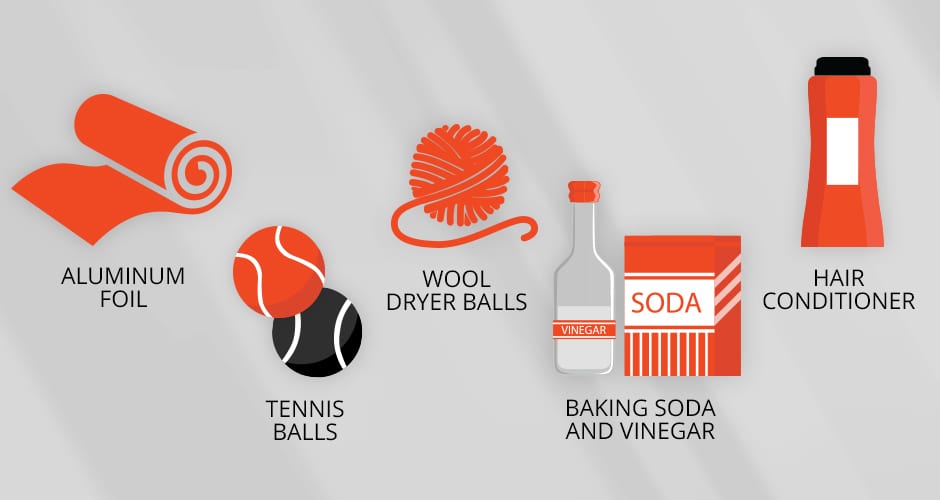Fabric Softener Alternatives: A Greener Approach to Laundry Care

In the realm of laundry care, fabric softeners have long been a staple, promising soft, fragrant clothes straight out of the dryer. However, with growing environmental concerns and awareness about the potential adverse effects of certain chemicals, many individuals are seeking alternatives that are not only gentle on their clothes but also on the planet.
Traditional fabric softeners often contain synthetic fragrances, petroleum-based chemicals, and compounds like quaternary ammonium compounds (quats), which can linger on clothes and potentially cause skin irritation or harm aquatic life when washed down the drain. Thankfully, there exists a myriad of eco-friendly alternatives that not only soften fabrics but also contribute to a more sustainable laundry routine.
1. White Vinegar
White vinegar, a household staple renowned for its cleaning properties, is a versatile alternative to commercial fabric softeners. Adding half a cup of white vinegar to the rinse cycle can help soften clothes, reduce static, and eliminate odors. It also helps to break down detergent residue, leaving garments feeling fresher and softer.
2. Baking Soda
Another natural alternative, baking soda, is not only great for cleaning but also for softening laundry. Adding half a cup to a cup of baking soda to the wash cycle can help balance pH levels, neutralize odors, and soften fabrics. It’s particularly effective in softening hard water, which can contribute to stiff clothes.
3. Wool Dryer Balls
Wool dryer balls are becoming increasingly popular as an eco-friendly alternative to both fabric softeners and dryer sheets. These reusable balls help to fluff clothes, reduce static, and decrease drying time by improving air circulation. Adding a few drops of essential oils onto the dryer balls can impart a subtle natural fragrance to your laundry.
4. Epsom Salt
Surprisingly, Epsom salt can work wonders as a fabric softener. Dissolve a quarter to half a cup of Epsom salt in hot water, then add it to your washing machine’s rinse cycle. It not only softens fabrics but also aids in removing detergent buildup from clothes.
5. Natural Oils
Certain natural oils like lavender, tea tree, or eucalyptus oil can be added to the final rinse or onto dryer balls to impart a pleasant scent to your laundry without the use of artificial fragrances. These oils possess natural antibacterial properties and can leave your clothes smelling fresh.
6. Hanging Clothes to Dry
Opting to air-dry your clothes instead of using a dryer can significantly reduce the need for fabric softeners or alternatives. Line-drying helps maintain the natural softness of fabrics and minimizes static cling.
Conclusion
Transitioning to eco-friendly fabric softener alternatives not only benefits your clothes but also contributes to a more sustainable and environmentally friendly laundry routine. Experimenting with these natural substitutes allows individuals to achieve soft, fresh-smelling laundry without compromising on the health of their skin or the planet. Making small changes in our laundry habits can have a significant positive impact on the environment, one load of laundry at a time.




